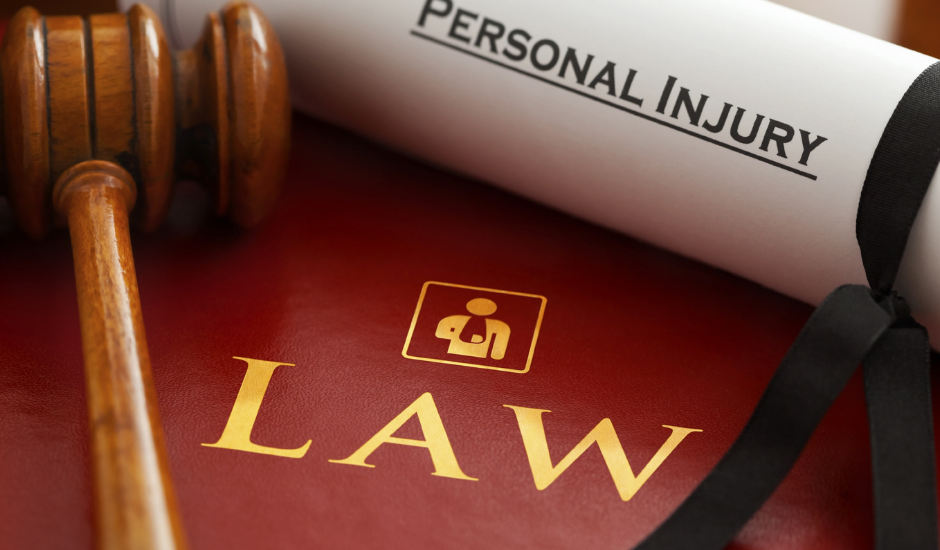- April 9, 2024
- Posted by: Colm Hurley
- Category: News

Barry Kelleher, Senior Associate CKT reviews the landmark ruling that means the guidelines, which became operational in April 2021, are legally binding but that any changes to them will require additional legislation. The guidelines are currently under review by the Judicial Council, and it is believed that this review will have to be paused until further legislation is introduced.
Facts
A constitutional challenge was raised by Ms Delaney against the implementation of the Judicial Guidelines. The plaintiff suffered injuries to her ankle and knee due to a fall on a footpath. On 21 May 2021, the Personal Injuries Assessment Board (PIAB) awarded her general damages of €3,000 based on the Judicial Guidelines. It was contended that had the Book of Quantum (recently replaced by the Guidelines) been applied, the likely award would have ranged from €18,000 to €34,000.
The High Court dismissed the Plaintiffs application, affirming that while the plaintiff had the right to have her damages assessed according to established legal principles, there was no constitutional entitlement to a specific sum of money. The court emphasised that the application of these principles results in evolving levels of damages over time. Furthermore, it ruled that the Guidelines did not infringe upon judicial independence, as courts retain the discretion to deviate from them under section 99 of the Judicial Act 2019. The judgment was subsequently appealed to the Supreme Court, which recognised the case’s significance and decided to hear the appeal directly.
Key Judgement Takeaways:
- The Court has delivered a majority decision that the Judicial Guidelines are legally binding and shall remain in force in their current form.
- The Court has concluded by majority decision that s.7(2)g of Judicial Council Act is unconstitutional in its present form as being contrary to independence of the judiciary. This section relates to the Judiciaries powers to draft and amend the guidelines themselves.
- Noting that the guidelines have subsequently been ratified by the Oireachtas and given legal effect by the enactment of the Family Leave and Miscellaneous Provisions Act 2021, which came force on 24 April 2021, the personal injury guidelines passed by the Judicial Council on 6 March 2021 are in force as a matter of law and have thereby been given legal effect.
- Three members of the Supreme Court have confirmed that the guidelines should only be departed from where there is no reasonable proportion between the guidelines and the award which should otherwise be made.
- A majority of the Court determined that the transitory provisions of the 2021 Act are not unconstitutional, and that Ms Delaney was not entitled to have her claim assessed under any earlier guidelines than those passed by the Judicial Council on 6 March 2021 as confirmed by the provisions of the 2021 Act.
What does this mean for current/future claims:
In real terms, the Judgement will have little to no effect on claims that are working their way through the Personal Injuries claims process, either in relation to claims in PIAB/PIRB or within the courts system. The Judicial Guidelines continue to have the same legal effect they had prior to delivery of this Judgement.
The only potential change on foot of this Judgement is a delay to the review of the Judicial Guidelines. Under Section 18 (5) of the Judicial Council Act 2019 the Judicial Council was to review the guidelines within 3 years of the first guidelines being adopted (i.e this month). It is likely that there will be a delay to this review as a result of this Judgement and further legislation will be required to alter or amend the guidelines in the future.